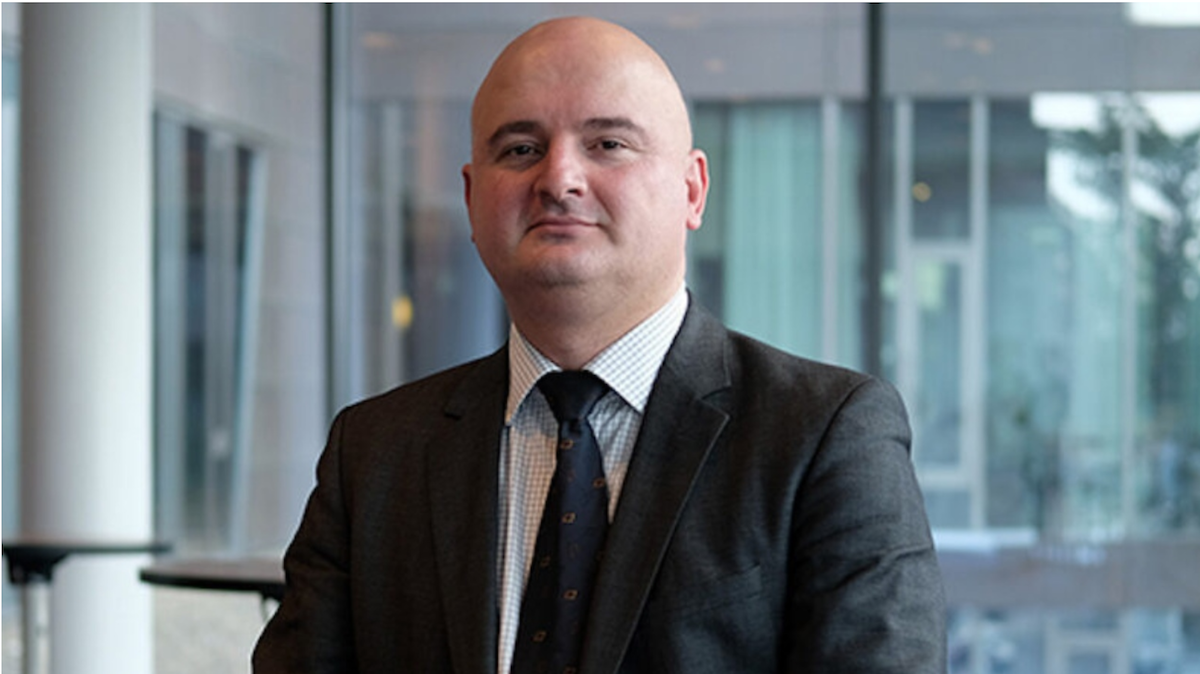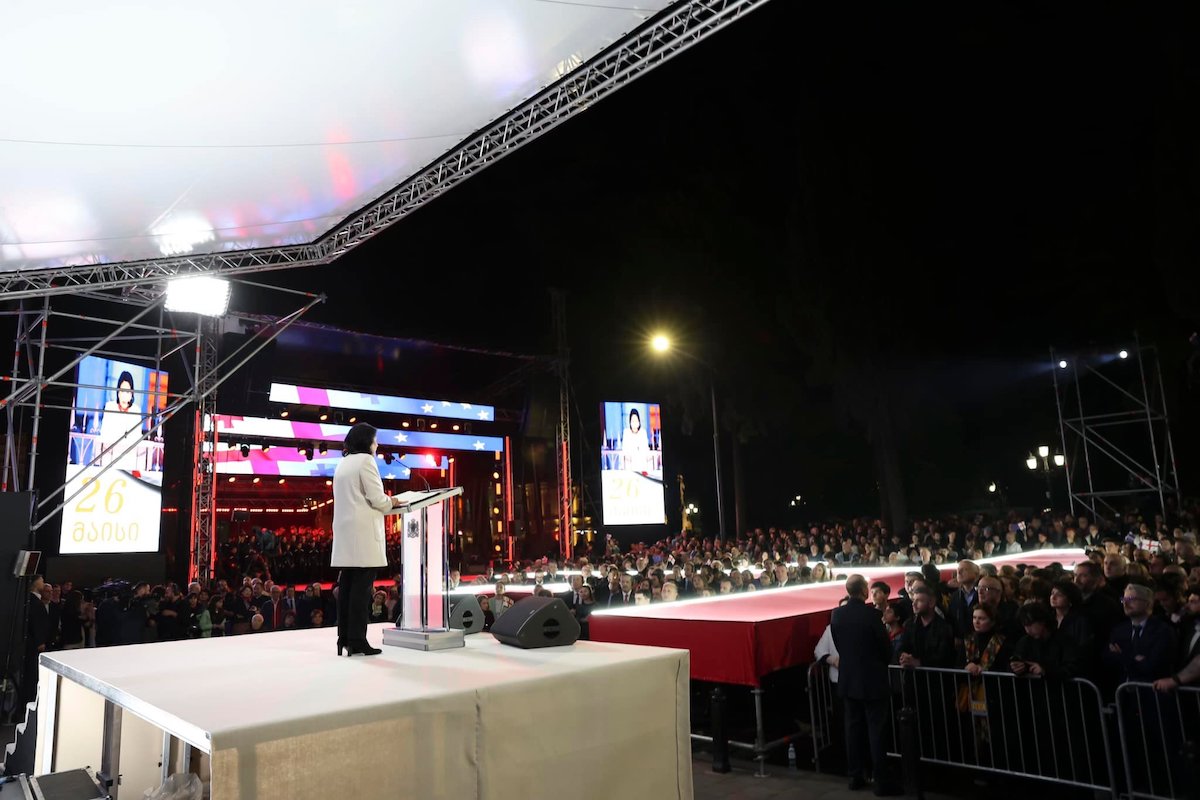
Technocratic government in Georgia
The head of the Georgia Institute of Politics, Korneli Kakachia, commented on yesterday’s briefing by the country’s president, Salome Zourabichvili, and the “Georgian Charter” she initiated ahead of the parliamentary elections on October 26, during the program “360 Degrees.” According to Kakachia, the president herself does not fully believe that political parties will be able to establish good relations with one another, even in the event of a victory.
Technocratic government in Georgia
During a briefing on September 23, Salome Zourabichvili discussed her “Georgian Charter,” which has been signed by several opposition parties. She highlighted the need for a “technocratic government,” which should be formed in agreement with political parties, rather than appointed politicians.
Korneli Kakachia commented on this:
“All politicians, including the president, share the risks involved. However, I believe Zourabichvili’s statement shows her doubts. She and some in society do not fully trust that political parties can work well together, even in the best-case scenario.
This is why she brought up the old idea of a technocratic government, which many political parties dislike.
The hope might be that uncertain voters will support the idea of a technocratic government to stabilize the situation. Once political parties are ready, real elections could follow.
Time will reveal how justified the president’s hopes are.
A technocratic government could work well if there is support from the political spectrum. During a regime change, calm and level-headed leaders are needed. The expectation is that a technocratic government will be made up of individuals who are not interested in party politics. They should focus on laying the groundwork for political parties to compete fairly in future elections.
This raises a question for political parties: If they took the risk to change the regime, why do they need a technical government? Because of this, the president has yet to convince either political parties or parts of civil society of the benefits of her plan.”

